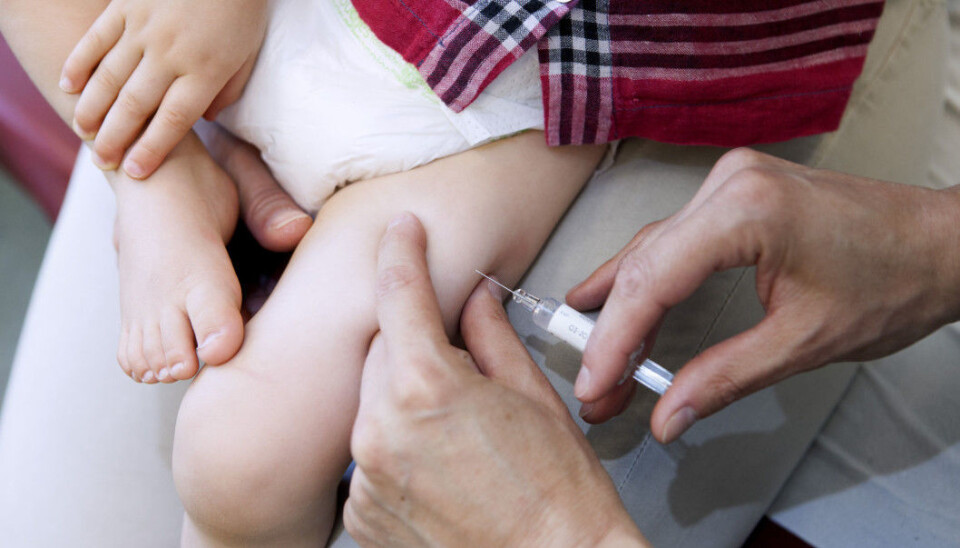
No link between MMR vaccine and autism
Another study confirms that the vaccine for measles, mumps and rubella does not lead to autism.
The past several decades have seen numerous studies conducted to find a possible link between the MMR vaccine and the risk of developing autism. The largest study yet has recently published the research results.
In a nationwide study, Danish researchers analysed data from more than 650 000 children born between 1999 and 2010. Approximately 6500 of the children were diagnosed with autism.
Anders Hviid and his colleagues used this database to look for possible connections between vaccination and autism, both in the group as a whole and in subgroups that might be particularly vulnerable.
The results are clear and unambiguous: No evidence of a link between the MMR vaccine and autism emerged. This was also true for the subgroups, such as children who have siblings with autism or who have received other vaccines.
Nor was there any evidence that the onset of autism coincided in any way with the time of vaccination.
Consistent with previous research
“This study strongly supports that MMR vaccination does not increase the risk for autism, does not trigger autism in vulnerable children and is not associated with a higher incidence of autism cases after vaccination,” Hviid and colleagues write in the Annals of Internal Medicine.
The results of this study are consistent with the results of many other studies, such as a similar large Danish study from 2002 and a comprehensive research summary from 2014.
The research material that rejects a link between MMR and autism is overwhelming compared to Andrew Wakefield's 1998 study that suggested there could be a connection. The study was published in The Lancet and was later withdrawn due to many errors.
Studies get expensive
In a comment on the study, researchers Saad B. Omer and Inci Yildirim raise a timely question: Do we need more studies on this now?
In some cases, conspiracy theories and public concern may cause the research on a question to continue long after the answer is probably clear enough for professionals in the field. Additional research can be valuable if it reassures most people and helps them make good choices.
But more studies cost more money and research funds are not unlimited. When resources are spent on more studies of possible relationships between MMR and autism, less money is available to explore other important issues.
Omer and Yildirim believe that additional evidence – like the new Danish study – won’t be sufficient to subdue the vaccine scepticism that has emerged in the wake of Wakefield's discredited study.
----------
Read the Norwegian version of this article at forskning.no






